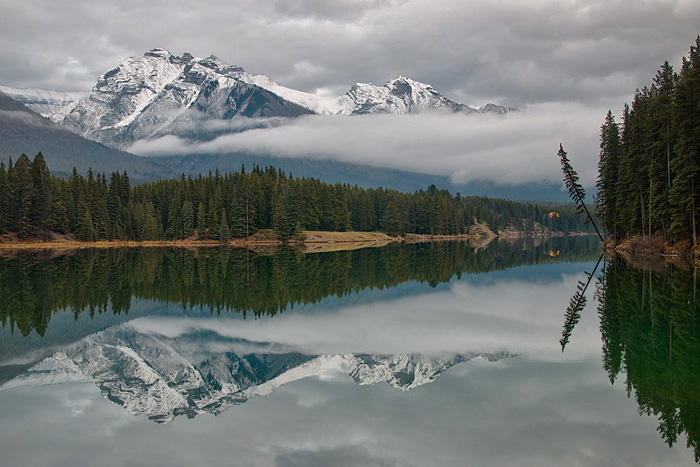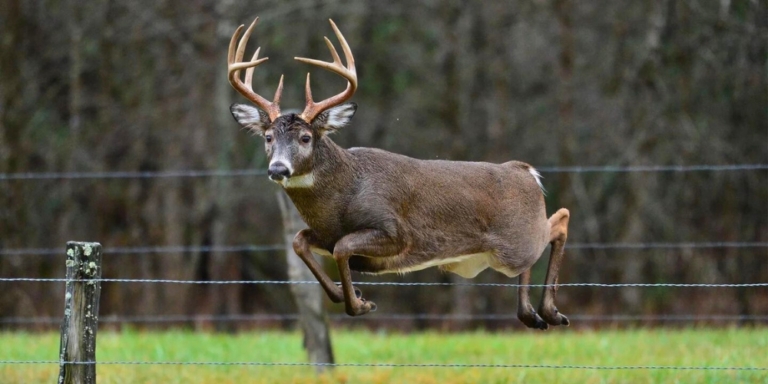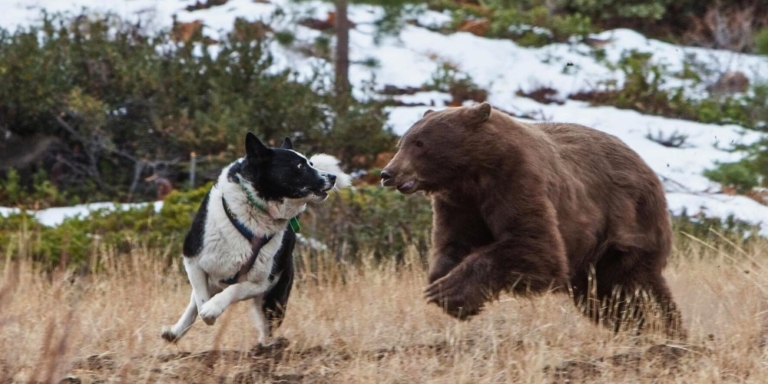Albertans are generally law-abiding people. Fourteen people are being slammed with two charges each after breaking the laws in Banff National Park. They were charged after illegally camping and engaging in unlawful activities at Johnson Lake.
Johnson Lake is a hidden gem often overlooked in favour of nearby Two Jack Lake and Lake Minnewanka.
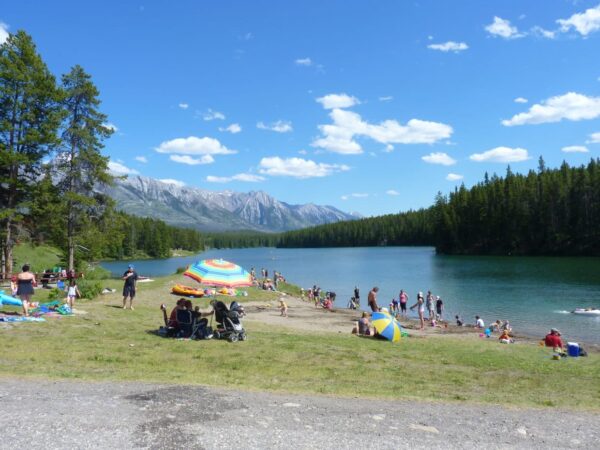
If you have been to Banff National Park, you know how unpredictable the weather can be. But Johnson Lake is sheltered from the wind, which makes for a great time for swimming or paddleboarding on the water.
While the scenery is great, camping here is illegal. Camping anywhere within Banff National Park is restricted to designated campgrounds, and there is no campground at Johnson Lake.
On Monday, August 14, Parks Canada law enforcement was called to the Johnson Lake beach area, where evidence of our 14 illegal campers was found.
According to Bow Valley Naturalists president Peter Duck, illegal camping in the national park is nothing new. But this was an extreme case.
“Wildlife attractants had been left out, and there was evidence of public alcohol consumption and an illegal fire…Human waste was also found in the immediate area,” Natalie Fay, Banff field unit external relations manager, told the Cochrane Eagle.
This is a perfect example of what not to do in a national park. In addition to camping, fires outside of designated Parks Canada fire pits are illegal. The open consumption of alcohol in public places is also illegal in Banff National Park.
“There’s wildlife and other environmental concerns, there’s public safety concerns in terms of being able to manage both negative wildlife interactions and fire, and there’s also the need to protect the experience of other visitors to the park,” explained Duck.
Thanks to the efforts of Parks Canada wardens and Banff RCMP, two charges are pending per illegal camper under the Canada National Parks Act.
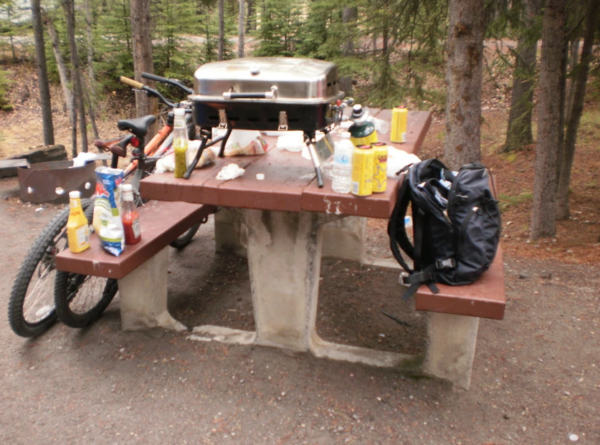
The offenders will receive court dates; the maximum fine per count is $25,000. Officers claim one of the campers already has an outstanding warrant for their arrest.
In 2018, two people were fined $400 each after they were found illegally camping at Rockbound Lake.
In 2016 the Banff field unit responded to 53 illegal camping incidents, resulting in a whopping 42 charges. That number almost doubled to 96 cases the following year, with 44 charges being laid.
More than 4 million people visit Banff National Park annually, but only 2,400 registered campsites are available to visitors.
“As campgrounds throughout the region become full, there’s going to be more and more of this kind of pressure for people who can’t find a campsite elsewhere and undertake this kind of behaviour,” said Duck.
Why Is Illegal Camping So Bad?
Parks Canada wardens aren’t trying to be sticklers when they slap you with a charge. There’s a good reason why illegally camping in national parks is chargeable.
Unlawful camping can cause damage to the environment in many ways. In addition to being a wildfire risk, campfires release harmful gasses and contribute to carbon pollution.
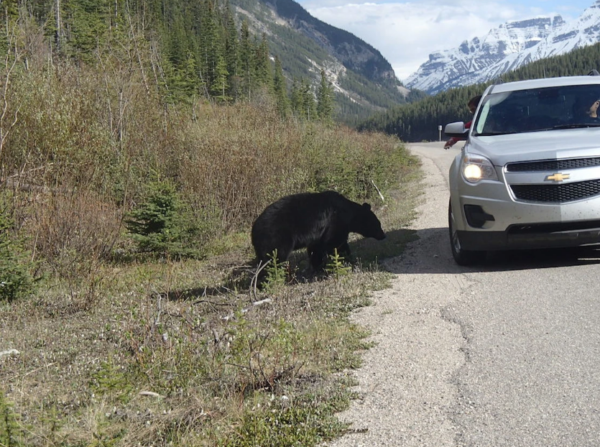
Campers will often destroy their environment to create campfires. This includes cutting down nearby live trees, branches, or peeling bark off a tree, which can kill it.
Additionally, moving rocks and removing dead wood from the ground can kill insects and expose bare ground, potentially causing soil erosion.
Wildlife habituation is also a serious concern. Most animals have a natural fear of humans and will avoid them. Wildlife habituation refers to when an animal loses this fear.
When this happens, an animal may seek out humans to obtain food. For example, Parks Canada had to kill a wolf in 2016 that was acting boldly around humans. Recently they’ve had to relocate a grizzly bear and her two cubs after the bears ate food from a picnic table.
The wolf’s change in behaviour was caused by repeated exposure to food left out at Banff campgrounds, violating national park rules. The bears were moved to avoid them being rewarded with more exposure to human food.
Often animals used to eating human food end up having to be put down for human safety reasons.
And not to mention, human food isn’t healthy for animals. Foods like marshmallows, bread, and chips can harm or kill an animal.
Designated campsites in Banff National Park are well-maintained and come with washrooms, firepits, and secure food lockers. By illegally camping, you put wildlife and the environment at risk.
